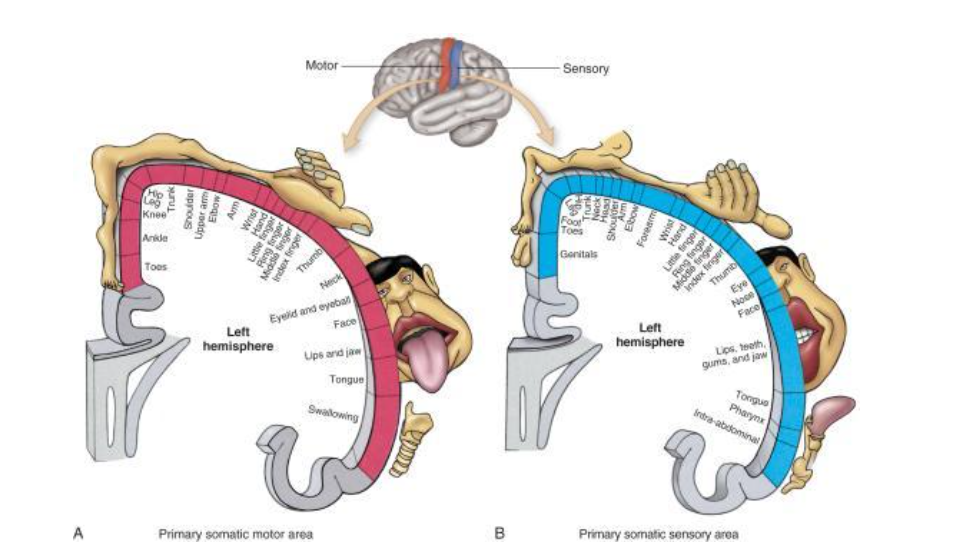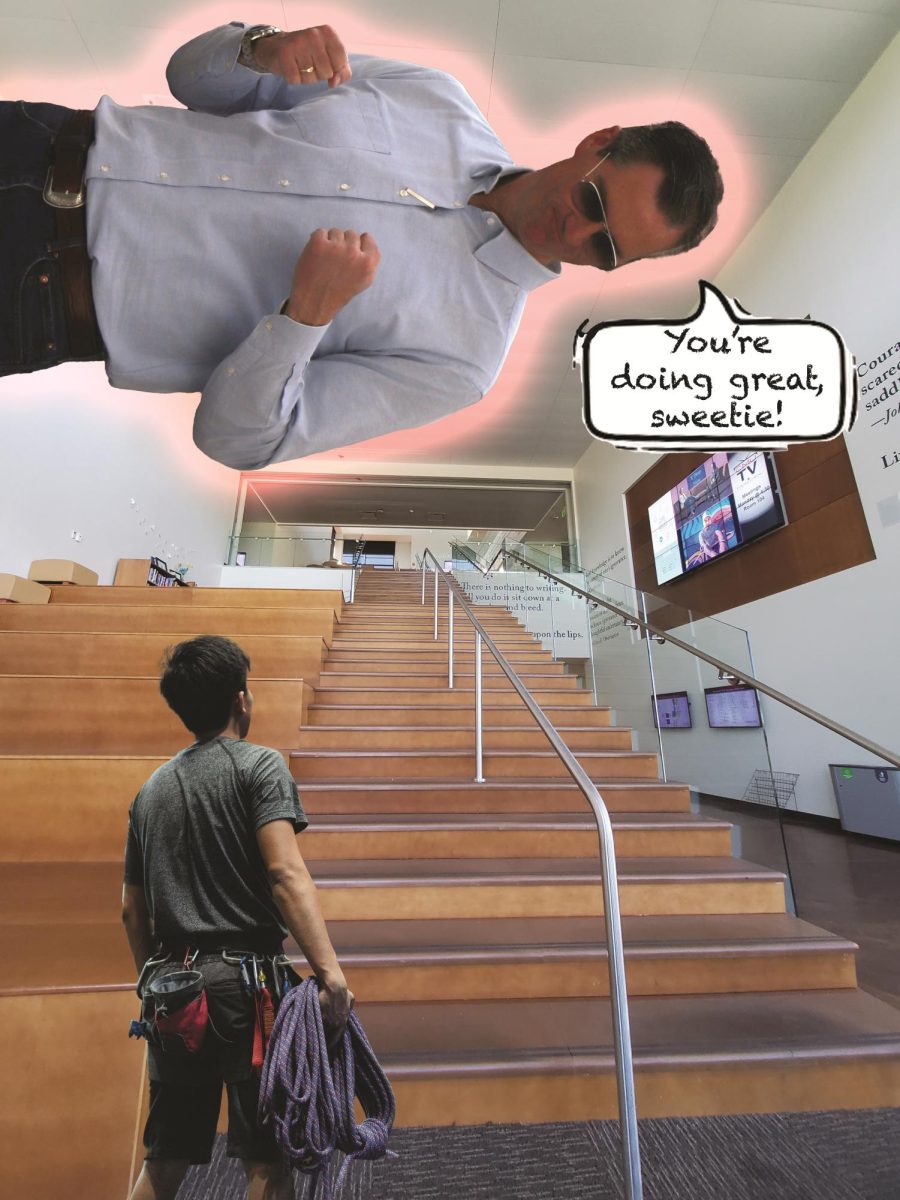All workout and no sleep makes Johnny and fat, weak boy. That’s what I repeatedly tell clients who are frustrated when they aren’t making progress. They may be doing the work in the gym and making the right choices at the dinner table, but their sleep habits are killing the ability to reach their goals.
It doesn’t matter what the goal is. Whether an individual wants to lose weight, build muscle or increase endurance, the time and quality of their head on a pillow will help or hinder.
In general, everybody knows that sleep-deprivation hinders cognitive function. We’ve all had that exam that we are well-studied for, but for one reason or another, little-to-no sleep happened the previous night. Even though we know the material, the words dance around and blur on the page. We stumble through and get a “C” when we have “A” knowledge.
So if it’s common knowledge that sleep directly affects academic performance, doesn’t it also follow to reason that sleep also directly affects fitness performance? It absolutely does make sense when people think about it. The problem, though, is that people generally don’t think about it.
And why would they? When considering fitness goals, the focus is on diet and exercise modalities. It’s all about calories burned, calories consumed, intensity and time spent exercising. Very rarely is “and get a good night’s sleep” included in the conversation.
That, plus a lack of discipline, may be one of the biggest factors preventing a person from achieving what they want out of a fitness plan.
Speaking of a lack of discipline, sleep-deprivation can actually exacerbate or create a problem as it pertains to food choice. There are a few factors that cause this.
Decision making originates within the frontal lobe of the brain. When a person does not have enough sleep, this area of the brain is dulled. It is similar to what happens when an individual drinks too much alcohol.
Few people can legitimately say, “I make great decisions when I get drunk.” Similarly, we can’t lay claim to making the best decisions when tired. One of the poor decisions can be stuffing the wrong kind of food.
This is particularly true because another thing sleeplessness can do is trigger the reward center of the brain to go into overdrive. It wants something that feels good: extra helpings, a greasy slab of pizza or that enticing cream filled donut. The reward center cravings and “drunk” decision making lead us to reach for the wrong food.
A sleepy person is also going to have low energy levels. The metabolism is dragging its knuckles as it sluggishly tries to burn calories. This slowed metabolic response means that the donut we foolishly grabbed is going to stick with us in our problem areas rather than be incinerated by a highly energized body.
Poor decisions, bad food cravings and a slow metabolism are all factors that will prevent a person from being able to reach fat loss goals.
What about muscle-heads that just want to “get huge, bro,” and don’t give a rip about body fat? Well, they need to get their beauty rest just as much as someone trying to shed weight.
While heaving the heavy chunks of iron and fist-bumping buddies, gym rats pursuing hypertrophy or maximal strength training are creating micro-tears in the muscle. It is the repair of these tears that makes muscles bigger and stronger.
Sleep is the primary time the body utilizes to make repairs to all tissue, muscles included. When we nod off, our bodies enter an increased anabolic state that makes such repairs ideal.
Unfortunately, depriving oneself of enough sleep cuts the repair work short. Most gym rats are very careful about taking in enough protein to make sure they don’t lose their gains, yet some still negate all their work in the gym through poor sleep habits.
Even those wishing to boost their endurance need to get enough sleep at night. As previously mentioned, a lack of sleep comes with a lack of energy. How is somebody going to have a great cardio session or intense HIIT workout if their body is struggling simply to function? They aren’t. As with the other goals, no progress or reverse progress will be made.
All things considered, it’s pretty clear. Sleep is absolutely imperative for fitness. That may not be easy with the kinds of busy schedules people have. However, those who are serious about meeting their goals will find a way to get enough sleep. It’s the only way to make sure their workouts accomplish something.












